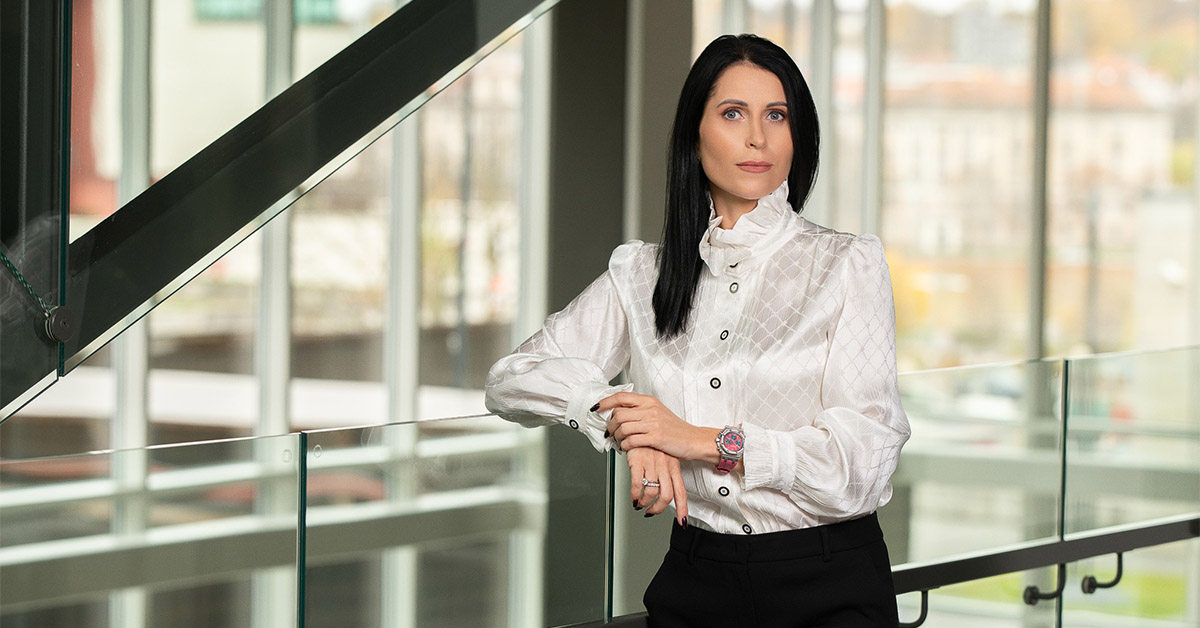Although the experts are increasingly talking about a slowing economy and more budget-conscious shoppers, the e-commerce segment may avoid this crisis. In fact, e-commerce is projected to continue growing worldwide, with many product categories that have not yet been discovered by consumers online at all.
Electronic goods are the most popular
According to research carried out in the Baltic States on behalf of Venipak, an international parcel company, the most common online purchases are electronics, clothing and footwear. Around a third of consumers buy hygiene and beauty products, as well as household items or pharmaceutical products online.
“We have noticed that many product segments have yet to find their online buyers However, it is important to look at the customers’ needs and habits before you start an e-commerce business. Today, their requirements for online shops, including the product range, price and delivery method, are high and will only become stricter in the future,” said Asta Raudonienė, Marketing Manager of Venipak.

Expecting an all-round good experience
In the Baltic States consumer survey, it was found that the vast majority, i.e. 82% of Lithuanians, 72% of Latvians and 76% of Estonians, would not return to an online shop where they found goods of a poor quality. But this is not the only factor buyers are reluctant to overlook.
According to Raudonienė, almost half of shoppers in the Baltics said that they would not use an online shop if the goods did not match the average market price. Another 32% of Lithuanians, 27% of Latvians and 36% of Estonians would not dismiss a poor choice of goods. The delivery experience and choice of delivery methods, as well as an easy-to-navigate website, were of particular importance to around a third of Baltic shoppers.
Details matter for a good experience
When starting an e-commerce business, Raudonienė advises you to think about all the details from the start: think not only about the goods and a competitive price, but also about the platform’s functionality, aesthetics, feedback, delivery and communication with the buyer.
“The mobile experience should not be overlooked, as more and more people are now shopping on their mobile devices. You also need to think about how buyers will return goods. According to our data, 29% of Latvians, 35% of Lithuanians and 36% of Estonians do not use this service. On average, 30% of shoppers said they do not use the returns service because they tend to buy familiar brands, so it is likely that the vast majority of shoppers simply ‘bury’ an unsuitable product in their wardrobes after buying it.”
It is also advisable not to limit yourself to a single geographical location. According to the representative of Venipak, a modern business should aim to cover at least all of the Baltic States. However, the opportunities to trade outside of the home country are growing every day. According to Raudonienė, the growing number of e-fulfilment centres and the development of logistics in general will ensure a high-quality and fast delivery of goods all over the world, so entrepreneurs do not have to deal with additional worries and can concentrate on meeting their business goals.




